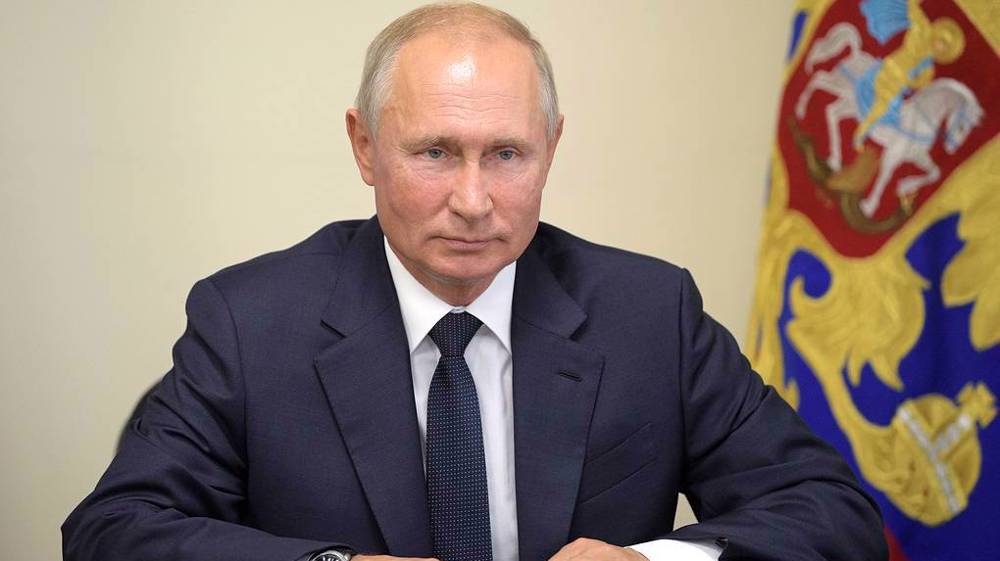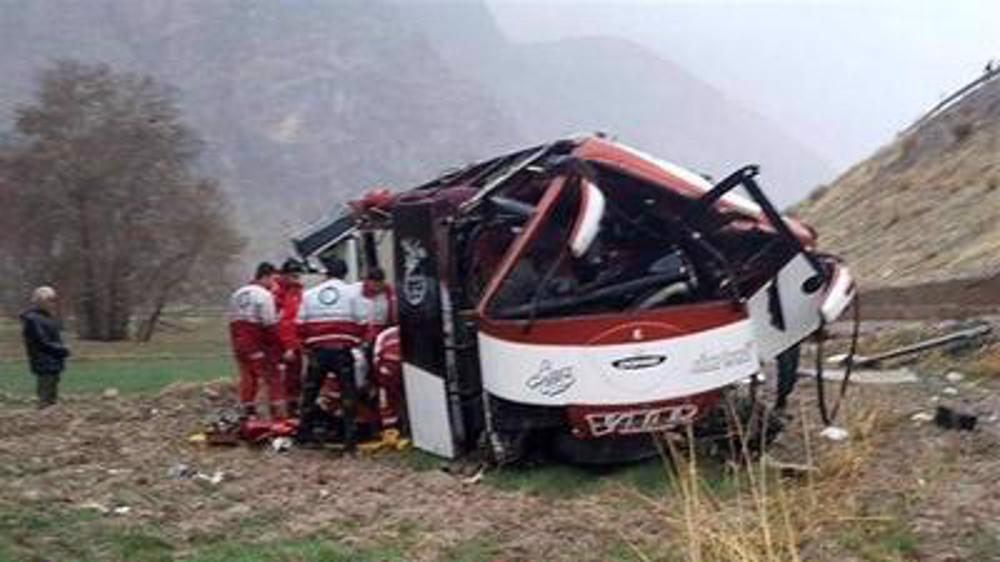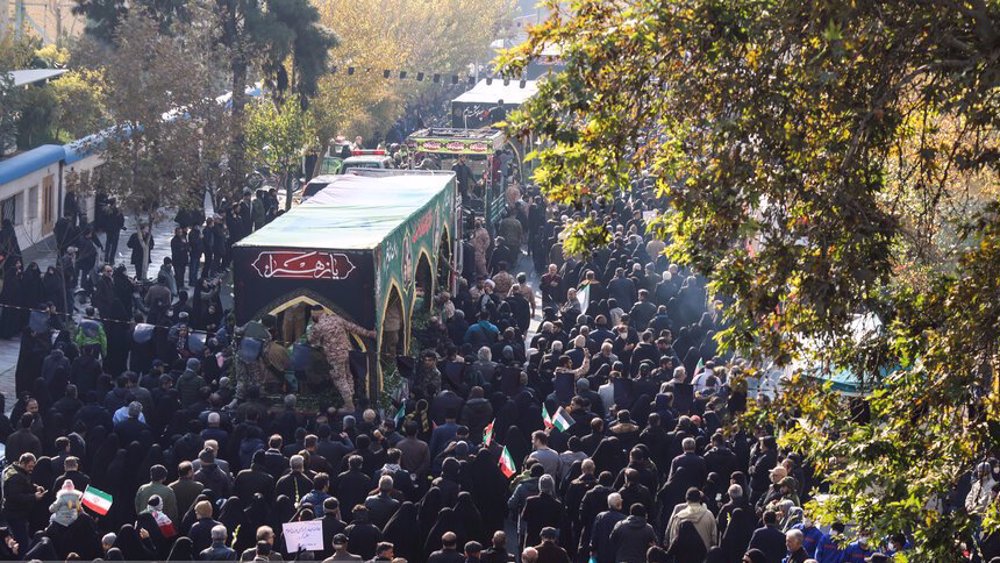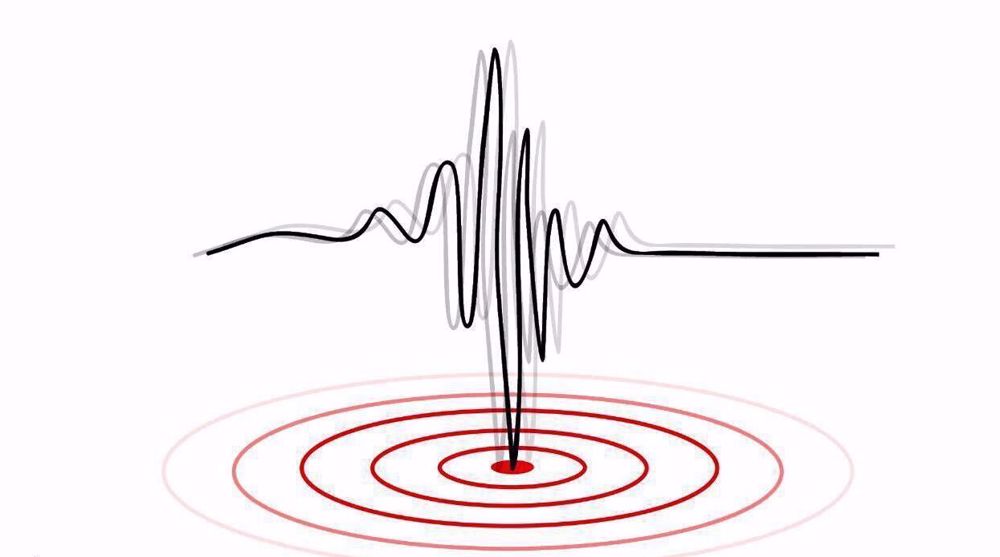Russia becomes first country to approve COVID-19 vaccine, says Putin
President Vladimir Putin says Russia has become the first country in the world to grant regulatory approval to a COVID-19 vaccine after less than two months of human testing, a move hailed by Moscow as evidence of its scientific prowess.
The development paves the way for the mass inoculation of the Russian population, even as the final stage of clinical trials to test safety and efficacy continue.
The speed at which Russia is moving to roll out its vaccine highlights its determination to win the global race for an effective product, but has stirred concerns that it may be putting national prestige before sound science and safety.
Speaking at a government meeting on state television on Tuesday, Putin said the vaccine, developed by Moscow’s Gamaleya Institute, was safe and that it had even been administered to one of his daughters.
“I know that it works quite effectively, forms strong immunity, and I repeat, it has passed all the needed checks,” said Putin.
He said he hoped the country would soon start mass producing the vaccine.
Its approval by the health ministry foreshadows the start of a larger trial involving thousands of participants, commonly known as a Phase III trial.
Such trials, which require a certain rate of participants catching the virus to observe the vaccine’s effect, are normally considered essential precursors for a vaccine to receive regulatory approval.
Regulators around the world have insisted that the rush to develop COVID-19 vaccines will not compromise safety. But recent surveys show growing public distrust in governments’ efforts to rapidly produce such a vaccine.
Russian health workers treating COVID-19 patients will be offered the chance of volunteering to be vaccinated soon after the vaccine’s approval, a source told Reuters last month.
More than 100 possible vaccines are being developed around the world to try to stop the COVID-19 pandemic. At least four are in final Phase III human trials, according to WHO data.
China’s military takes center stage in COVID-19 vaccine race
CanSino Biologics, a Chinese vaccine maker that has announced several sets of positive trial results, is already providing a vaccine to People’s Liberation Army (PLA) soldiers, even though safety testing for commercial sale of the product is not complete.
The decision has set the country apart in the frantic global race for a vaccine — and highlighted the central part played by the PLA in broader attempts to vanquish COVID-19.
Efforts to combine military and civilian technologies are longstanding in China, but they have become more pronounced under President Xi Jinping. He has driven a campaign of “military-civil fusion” and coronavirus has become an accelerant.
Sinovac begins late-stage trial for COVID-19 vaccine in Indonesia
China's Sinovac Biotech Ltd launched on Tuesday a late-stage human trial involving as many as 1,620 patients in Indonesia for a COVID-19 vaccine candidate that it is developing with Indonesian state-owned peer Bio Farma.
The candidate, known as CoronaVac and previously PiCoVacc, is among few potential vaccines that have entered late-stage trials for a large-scale study to gather proof of efficacy for regulatory approval.
CoronaVac is already undergoing a late-stage trial in Brazil slated for as many as 9,000 people.
Its Indonesia trial comes as Southeast Asia's most populous country grapples with spiking infection numbers, with over 127,000 cases recorded as of Tuesday. The trial has so far recruited 1,215 people and will last six months.
A ceremony for the launch on Tuesday in Bandung, West Java, was attended by Indonesia's President Joko Widodo.
Australia vies for potential Oxford Univ. COVID-19 vaccine
The Federal Government is positioning itself to secure and manufacture a COVID-19 vaccine in Australia, if a successful one is discovered.
Science and Industry Minister Karen Andrews said the Federal Government is currently "seeking input" from manufacturers.
"We're certainly looking at what we can do to access any vaccine that is produced or manufactured overseas so Australians would be able to access that, but we're also making sure that we are ramping up our manufacturing capacity here in Australia," Andrews said.
More than 100 vaccines are being developed across the globe and the government is eyeing two options, with one potential candidate from the University of Queensland and the other from Oxford University.
The Oxford candidate is in the advanced testing stage and a manufacturer in the United Kingdom is preparing to produce and deliver it, potentially by the end of the year.
(Source: News agencies)
Israeli strikes on north Gaza hospital ‘extremely dangerous, terrifying’: Director
VIDEO | Yemen targets Tel Aviv with Palestine 2 missiles
Pezeshkian: Iran resolved to complete North-South Transport Corridor
VIDEO | Iran-Syria: For Resistance
Qassam Brigades claims killing 3 Israeli troops in northern Gaza
More alive than ever: Sayyed Hassan Nasrallah's legacy grows stronger in martyrdom
Occupation of Syria’s highest peak Mount Hermon part of ‘Greater Israel’ project
Iran: Syrian people will decide their future without foreign interference










 This makes it easy to access the Press TV website
This makes it easy to access the Press TV website